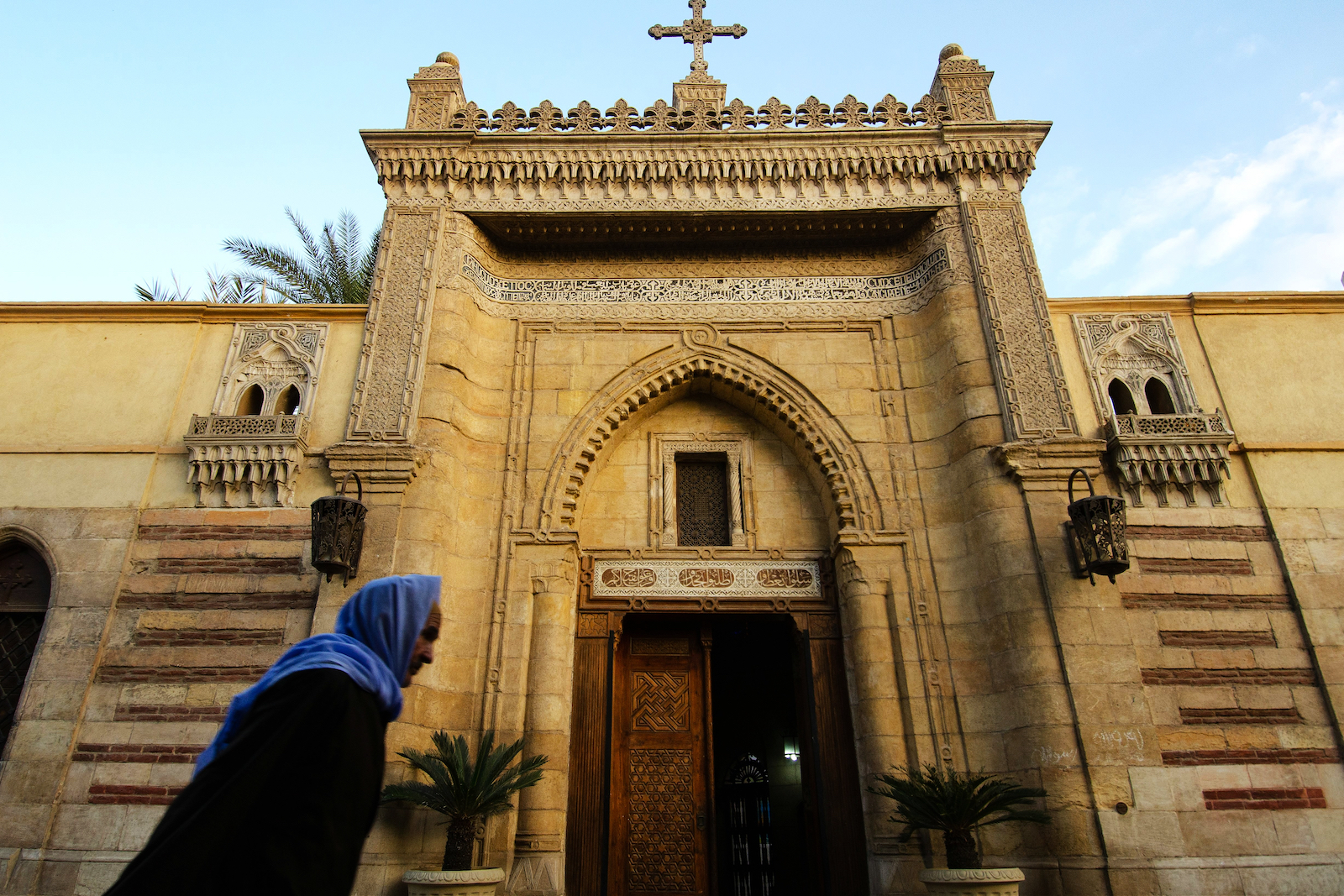
When Worship is Dangerous: The Reality of Religious Freedom in Egypt
How would you feel if attending your place of worship could cost you your life? For many Americans, these questions might seem almost absurd. After all, religious freedom is a cornerstone of the U.S. Constitution. But for millions in Egypt, the ability to worship without fear remains a distant dream.
Egypt is a cornerstone of the Middle East, with a rich history and a strategic location. Yet, the country’s restrictive policies towards religious minorities have long hampered its development. The Egyptian constitution recognizes Islam as the state religion, with Sharia law as the principal source of legislation. The result is systemic discrimination against non-Muslim communities, imposing restrictive laws that limit their ability to worship, educate, and even have representation in government. The consequences are more than just social inequities; they stifle creativity, limit economic growth, and foster societal tensions.
As Egypt transitions from the chaos of the Arab Spring to a semblance of political stability, the plight of religious minorities—particularly Christians—should be a central focus for those who believe in human rights and religious freedom. Yet, despite promises from the Egyptian government to promote religious harmony, the reality on the ground tells a different story.
The Egyptian government’s current stance on religious freedom creates a breeding ground for extremism and sectarian violence. We’ve seen this in the form of attacks on Coptic Christian churches and the forced displacement of Baha’is. These incidents aren’t isolated events and are symptomatic of a broader societal issue. The longer these policies persist, the more they jeopardize Egypt’s social cohesion, potentially leading to unrest and instability.
In Egypt, Christians, primarily Copts, comprise about 10% of the population. They have been historically marginalized, often subject to discriminatory laws and violence. A stark reminder came in 2017 when twin bombings targeted Coptic churches on Palm Sunday, killing 45 people. While the Egyptian government pledged to protect religious minorities, incidents of discrimination and violence against Christians continue to surface.
So, where’s the disconnect? The Egyptian constitution, revised in 2014, technically guarantees freedom of religion. But there’s a catch. These guarantees come with significant limitations, allowing the government to impose restrictions in the name of public order and national security. This ambiguity creates an environment where religious minorities are vulnerable to persecution without much recourse.
Promoting religious freedom in Egypt isn’t just a matter of human rights; it’s also an economic imperative. Countries with high levels of religious freedom tend to have more robust economies. A Religious Freedom & Business Foundation study found that religious freedom contributes to peaceful coexistence, which fosters innovation and attracts investment. Egypt could harness the full potential of its diverse population by allowing all religious groups to participate equally in the economy. Doing so would create more businesses, generate jobs, and stimulate the moribund economy.
Moreover, promoting religious freedom can enhance Egypt’s international standing. As the world becomes more interconnected, countries that embrace diversity project greater stability and appear as more attractive partners. Egypt, with its deep historical and cultural ties to the Middle East and Africa, holds a unique position to benefit from such a shift. Egypt could strengthen its relationships with Western countries by fostering religious freedom, many of which prioritize human rights in their foreign policy.
So, what can the country do about it? First, Egypt must reform its legal system to ensure equal treatment for all religious groups. Eliminating discriminatory laws, streamlining the process of building places of worship, and ensuring that all religious communities have the right to educate their children according to their beliefs are essential. Second, the Egyptian government should engage in a public awareness campaign to promote tolerance and understanding among its citizens. Important steps include educational programs, interfaith dialogues, and media campaigns to foster national unity.
The United States and other Western countries also have a role to play. By emphasizing the importance of religious freedom in their diplomatic efforts, they can encourage Egypt to take meaningful steps toward reform. This could include offering incentives for progress, such as increased economic aid or trade opportunities and technical assistance to help Egypt develop a more inclusive legal framework.
Religious freedom is not just a moral imperative; it’s a cornerstone for stability and prosperity. Egypt can become a beacon of religious tolerance in the Middle East, but only if it chooses a path of reform and inclusion. By embracing religious freedom, Egypt can unlock a brighter future for all its citizens and pave the way for a more stable and prosperous region.

